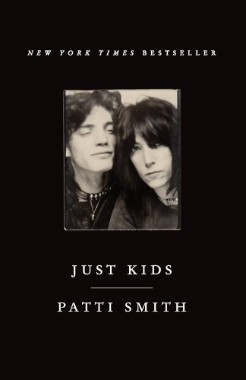When I was very young, my mother took me for walks in Humboldt Park, along the edge of the Prairie River. I have vague memories, like impressions on glass plates, of an old boathouse, a circular band shell, an arched stone bridge. The narrows of the river emptied into a wide lagoon and I saw upon its surface a singular miracle. A long curving neck rose from a dress of white plumage.
Swan, my mother said, sensing my excitement. It pattered the bright water, flapping its great wings, and lifted into the sky.
The word alone hardly attested to its magnificence nor conveyed the emotion it produced. The sight of it generated an urge I had no words for, a desire to speak of the swan, to say something of its whiteness, the explosive nature of its movement, and the slow beating of its wings.
The swan became one with the sky. I struggled to find words to describe my own sense of it. Swan, I repeated, not entirely satisfied, and I felt a twinge, a curious yearning, imperceptible to passersby, my mother, the trees, or the clouds.
-
I was born on a Monday, in the north side of Chicago during the Great Blizzard of 1946. I came along a day too soon, as babies born on New Year's Eve left the hospital with a new refrigerator. Despite my mother's effort to hold me in, she went into heavy labor as the taxi crawled along Lake Michigan through a vortex of snow and wind. By my father's account, I arrived a long skinny thing with bronchial pneumonia, and he kept me alive by holding me over a steaming washtub.
My sister Linda followed during yet another blizzard in 1948. By necessity I was obliged to measure up quickly. My mother took in ironing as I sat on the stoop of our rooming house waiting for the iceman and the last of the horse-drawn wagons. He gave me slivers of ice wrapped in brown paper. I would slip one in my pocket for my baby sister, but when I later reached for it, I discovered it was gone.
When my mother became pregnant with my brother, Todd, we left our cramped quarters in Logan Square and migrated to Germantown, Pennsylvania. For the next few years we lived in temporary housing set up for servicemen and their children--whitewashed barracks overlooking an abandoned field alive with wildflowers. We called the field The Patch, and in summertime the grown-ups would sit and talk, smoke cigarettes, and pass around jars of dandelion wine while we children played. My mother taught us the games of her childhood: Statues, Red Rover, and Simon Says. We made daisy chains to adorn our necks and crown our heads. In the evenings we collected fireflies in mason jars, extracting their lights and making rings for our fingers.
My mother taught me to pray; she taught me the prayer her mother had taught her. Now I lay me down to sleep, I pray the Lord my soul to keep. At nightfall, I knelt before my little bed as she stood, with her ever-present cigarette, listening as I recited after her. I wished nothing more than to say my prayers, yet these words troubled me and I plagued her with questions. What is the soul? What color is it? I suspected my soul, being mischievous, might slip away while I was dreaming and fail to return. I did my best not to fall asleep, to keep it inside of me where it belonged.
